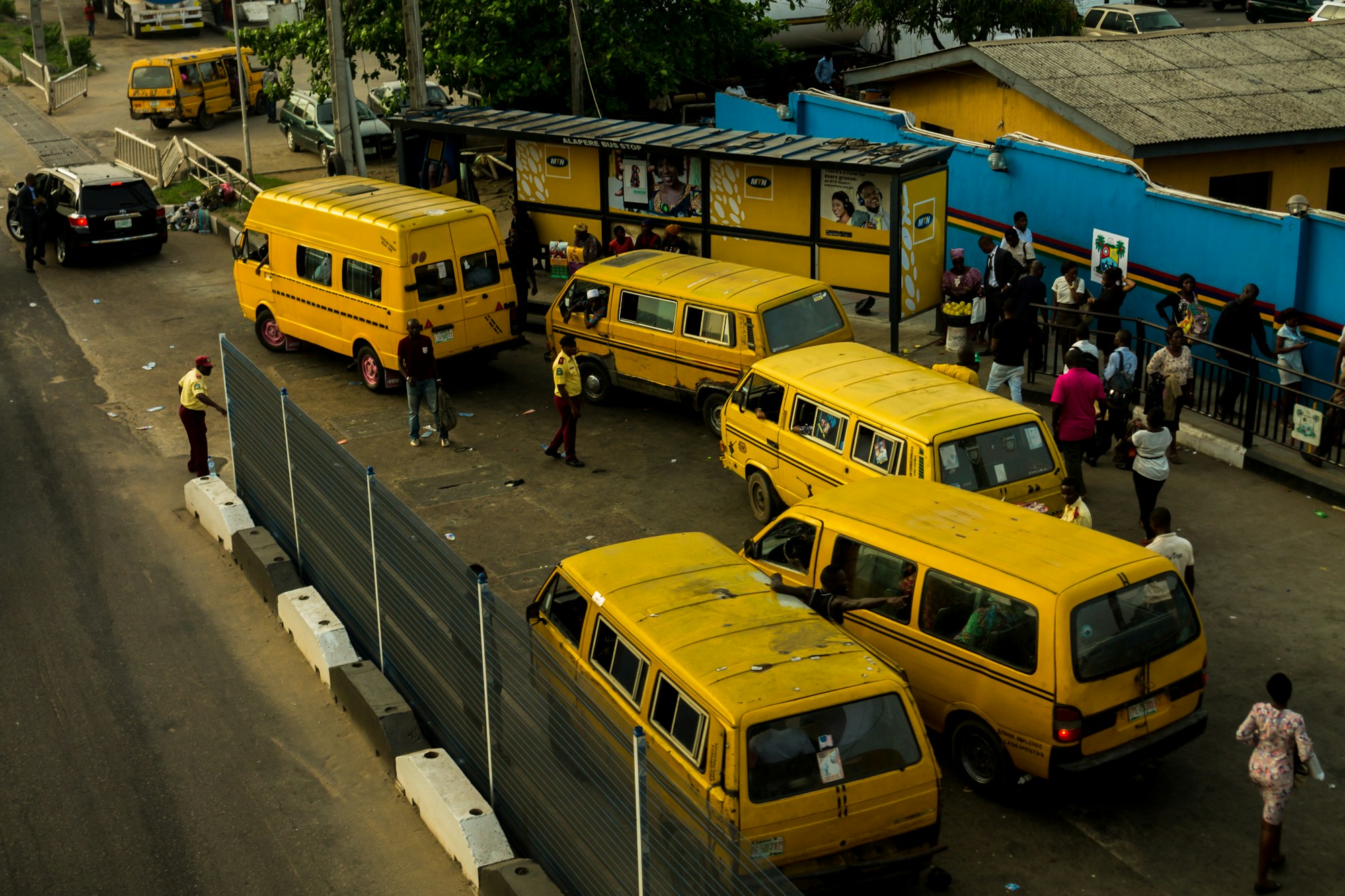Cultural Guide to Lagos: History, Customs, Festivals

Welcome to Lagos!

Overview
Lagos, the largest city in Nigeria and one of the fastest-growing cities in the world, is a vibrant metropolis filled with rich history, diverse cultures, and a pulsating atmosphere. Located along the Atlantic Ocean, Lagos is a major economic and cultural hub in West Africa. With its bustling markets, lively music scene, and vibrant street life, Lagos offers an immersive experience for visitors seeking to explore the city's unique heritage and traditions.
History
Lagos has a rich history that dates back centuries. Originally inhabited by the Awori people, the area became a major trading post during the 15th century due to its strategic location. In the 19th century, Lagos became a British colony and served as the center of administration for British Nigeria. It later became the capital of independent Nigeria until 1991 when Abuja took over that role. Today, Lagos stands as a testament to its colonial past, evident in its architecture and urban layout.
Customs and Traditions
The people of Lagos, known as Lagosians, are warm and friendly, always willing to welcome visitors into their midst. Lagos is a diverse city, with a mix of indigenous cultures and influences from other ethnic groups across Nigeria and beyond. Respect for elders is highly valued in Lagosian society, and it is customary to greet older individuals with a friendly handshake and a show of respect.
Nigerians, in general, are known for their love of music and dance, and Lagos is no exception. Afrobeat, a genre of music prominent in Nigeria, was popularized internationally by the late musician Fela Kuti, who hails from Lagos. Visitors to Lagos can immerse themselves in the vibrant music scene by attending live performances at local venues and clubs.
Festivals and Celebrations
Lagos is a city that loves to celebrate, with numerous festivals and events throughout the year. One of the most popular festivals is the Eyo Festival, a masquerade procession that honors the ancestors and showcases the rich cultural heritage of Lagos. Characterized by costumed dancers, colorful regalia, and traditional drumming, the Eyo Festival is a spectacle not to be missed.
Another significant celebration in Lagos is the Lagos Carnival, a vibrant street parade featuring music, dance, and colorful costumes. The carnival attracts participants from all over Nigeria and beyond, showcasing the country's unity in diversity.
Points of Interest
1. National Museum Lagos
The National Museum Lagos is a must-visit for history and art enthusiasts. It houses a collection of Nigerian artifacts and artworks, showcasing the country's diverse cultural heritage. Visitors can explore exhibits on traditional Nigerian architecture, ancient civilizations, and contemporary art.
2. Nike Art Gallery
The Nike Art Gallery is a haven for art lovers, featuring an extensive collection of contemporary Nigerian art. The gallery showcases the works of renowned Nigerian artists, including paintings, sculptures, and traditional crafts. Visitors can purchase unique artworks and handicrafts as souvenirs.
3. Tarkwa Bay
Tarkwa Bay, a beautiful beach located on an island near Lagos, offers a peaceful escape from the city's hustle and bustle. Visitors can relax on the sandy shores, swim in the crystal-clear waters, or indulge in water sports such as jet skiing and kayaking.
4. Lekki Conservation Centre
The Lekki Conservation Centre is a nature reserve located on the outskirts of Lagos. It is home to diverse flora and fauna, including monkeys, crocodiles, and various bird species. Visitors can explore the reserve's elevated walkways, go on a canopy walk, and enjoy the serenity of nature.
Getting Around
Getting around Lagos can be a bit challenging due to the city's traffic congestion. However, several transportation options are available for visitors. Yellow taxis are a common mode of transportation, and it is advisable to negotiate the fare before starting the journey. Alternatively, ride-hailing services like Uber and Bolt operate in Lagos, providing a convenient and reliable way to get around.
For shorter distances, visitors can use minibusses known as "Danfos" or motorcycles known as "Okadas." It is important to note that motorcycles are banned in some areas of the city for safety reasons.
Conclusion
With its rich history, diverse cultures, and vibrant atmosphere, Lagos offers a unique cultural experience for travelers. Whether exploring the city's museums, immersing in its music scene, or enjoying the festivities, visitors to Lagos are sure to be captivated by its charm. Explore the bustling markets, savor the local cuisine, and embrace the warmth and hospitality of Lagosians, and you'll create memories that will last a lifetime.
